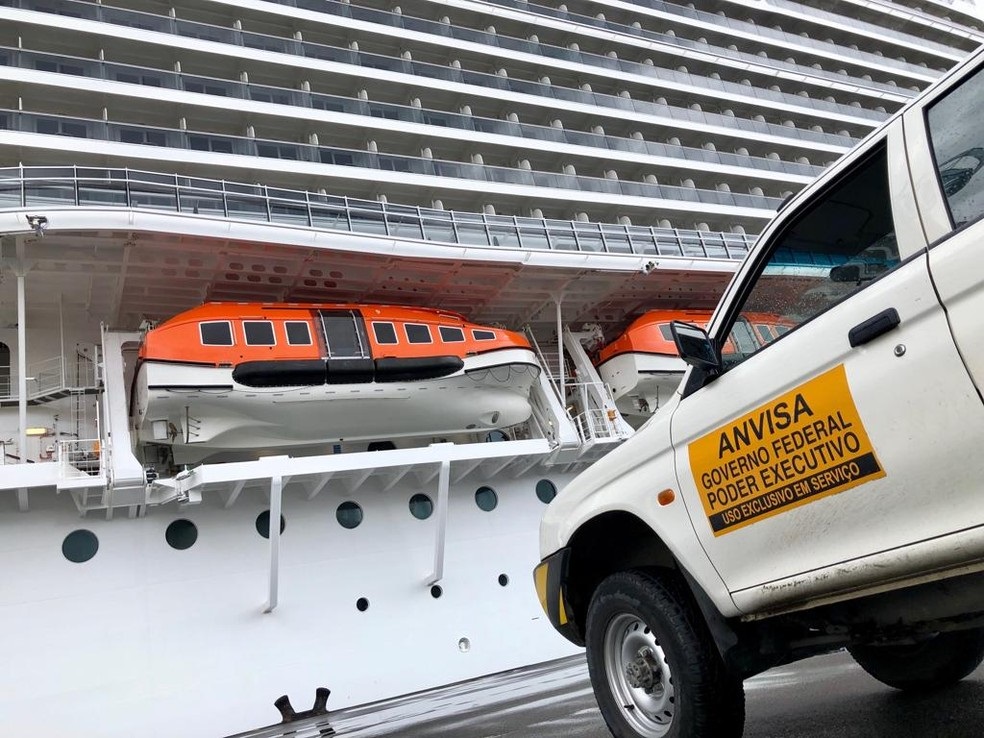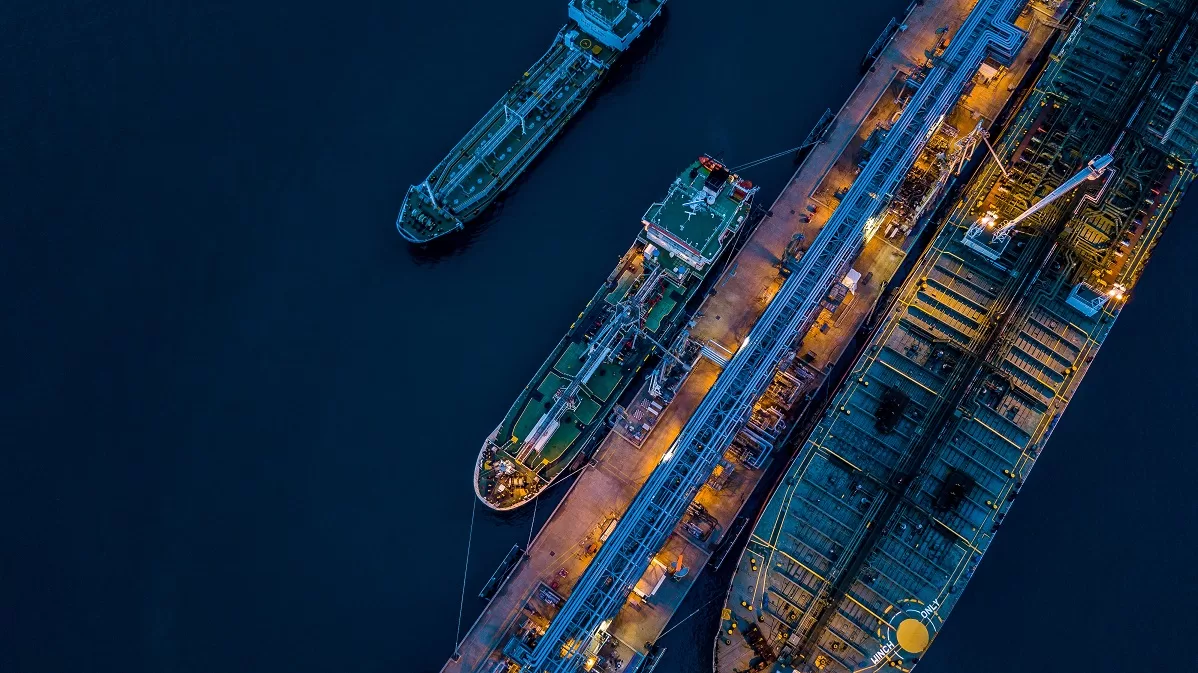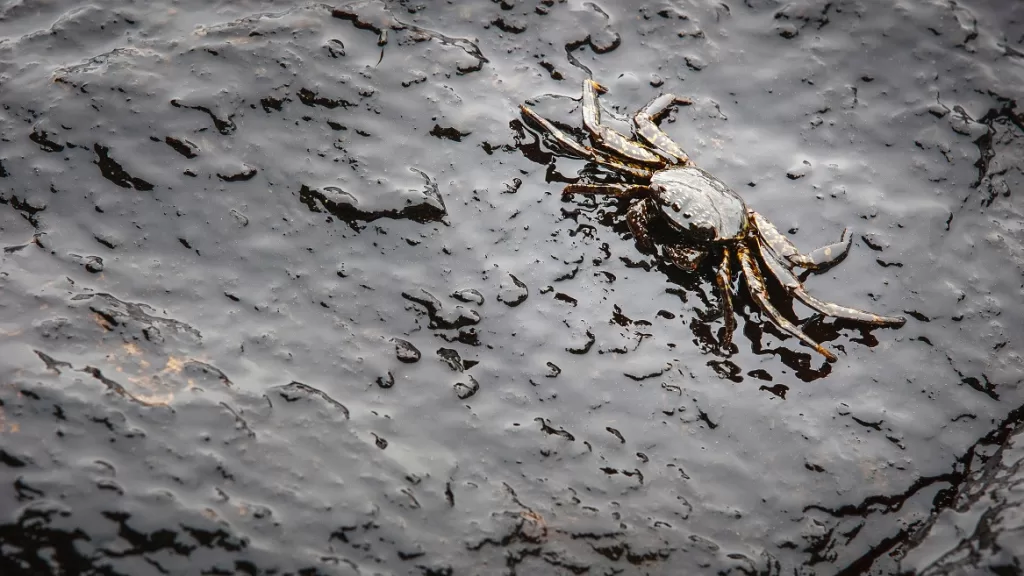
Port health controls in Brazil
read more

A practical guide explaining the Brazilian regulatory framework with regard to ship-sourced spills and the ensuing responsibilities
As elsewhere in the world, accidental spills from oil tankers in Brazil are rare, with most incidents occurring during the supply or transfer of bunkers within port limits. On the other hand, while instances of ship-sourced spills on the vast coastline and extensive inland waterways of this ecologically rich country have declined over the years, there has been a surge in the value of punitive fines arbitrated by various authorities and the amount of compensation sought for environmental damage, frequently based on the presumption of damage, even in incidents involving minor spills in chronically polluted areas.
The long wait for the filing of civil claims – and even more so the many years they take to be heard by courts in three instances of jurisdiction – results in an exponential increase in the value of the claim after monetary restatement and interest, in addition to legal fees and expenses, representing a substantial financial exposure to shipowners, operators, charterers and their civil liability insurers.
Brazil has not signed CLC/92 and many other relevant conventions adopted by the International Maritime Organization (IMO) that deal with marine environmental matters, including the Bunker Convention, the FUND92, the HNS Convention and the Nairobi Convention on the Removal of Wrecks. Its domestic legislation is complex and rigorous, particularly with regard to pollution caused by ships. The Federal Constitution allows states and municipalities to concurrently legislate and enforce environmental regulations within their territorial jurisdiction.

After settling administrative penalties, often involving multiple fines from different authorities, clean-up costs, and other substantial expenses and third-party claims, the polluter is exposed to a lifelong liability to repair or compensate for the damage, as it can take years – and it usually does – before claims for environmental damage, in the form of civil public actions, are brought by federal and state prosecutors.
To help navigate this intricate and ever-changing regulatory landscape, this guide briefly overviews Brazil’s environmental laws and regulations from our perspective and hands-on experience of nearly five decades as commercial correspondents for P&I clubs and other liability insurers in different ports.
While it should not be taken as a substitute for legal advice, we hope it will be useful as a practical reference tool, and we will do our best to keep an up-to-date copy of this publication available in this space for free download.
Please read our disclaimer.
Related topics:
Rua Barão de Cotegipe, 443 - Sala 610 - 96200-290 - Rio Grande/RS - Brazil
Telephone +55 53 3233 1500
proinde.riogrande@proinde.com.br
Rua Itororó, 3 - 3rd floor
11010-071 - Santos, SP - Brazil
Telephone +55 13 4009 9550
proinde@proinde.com.br
Av. Rio Branco, 45 - sala 2402
20090-003 - Rio de Janeiro, RJ - Brazil
Telephone +55 21 2253 6145
proinde.rio@proinde.com.br
Rua Professor Elpidio Pimentel, 320 sala 401 - 29065-060 – Vitoria, ES – Brazil
Telephone: +55 27 3337 1178
proinde.vitoria@proinde.com.br
Rua Miguel Calmon, 19 - sala 702 - 40015-010 – Salvador, BA – Brazil
Telephone: +55 71 3242 3384
proinde.salvador@proinde.com.br
Av. Visconde de Jequitinhonha, 209 - sala 402 - 51021-190 - Recife, PE - Brazil
Telephone +55 81 3328 6414
proinde.recife@proinde.com.br
Rua Osvaldo Cruz, 01, Sala 1408
60125-150 – Fortaleza-CE – Brazil
Telephone +55 85 3099 4068
proinde.fortaleza@proinde.com.br
Tv. Joaquim Furtado, Quadra 314, Lote 01, Sala 206 - 68447-000 – Barcarena, PA – Brazil
Telephone +55 91 99393 4252
proinde.belem@proinde.com.br
Av. Dr. Theomario Pinto da Costa, 811 - sala 204 - 69050-055 - Manaus, AM - Brazil
Telephone +55 92 3307-0653
proinde.manaus@proinde.com.br
Rua dos Azulões, Sala 111 - Edifício Office Tower - 65075-060 - São Luis, MA - Brazil
Telephone +55 98 99101-2939
proinde.belem@proinde.com.br